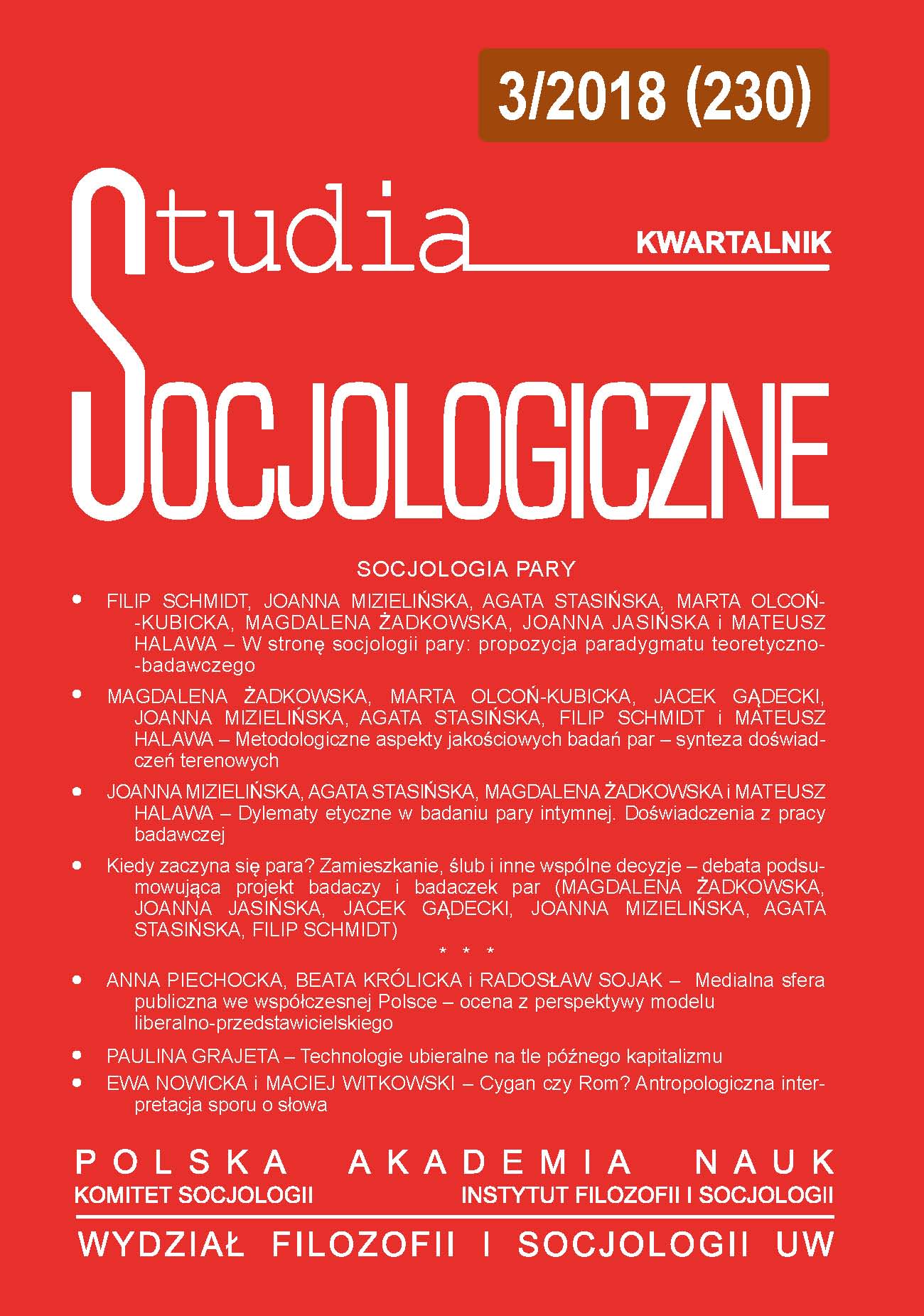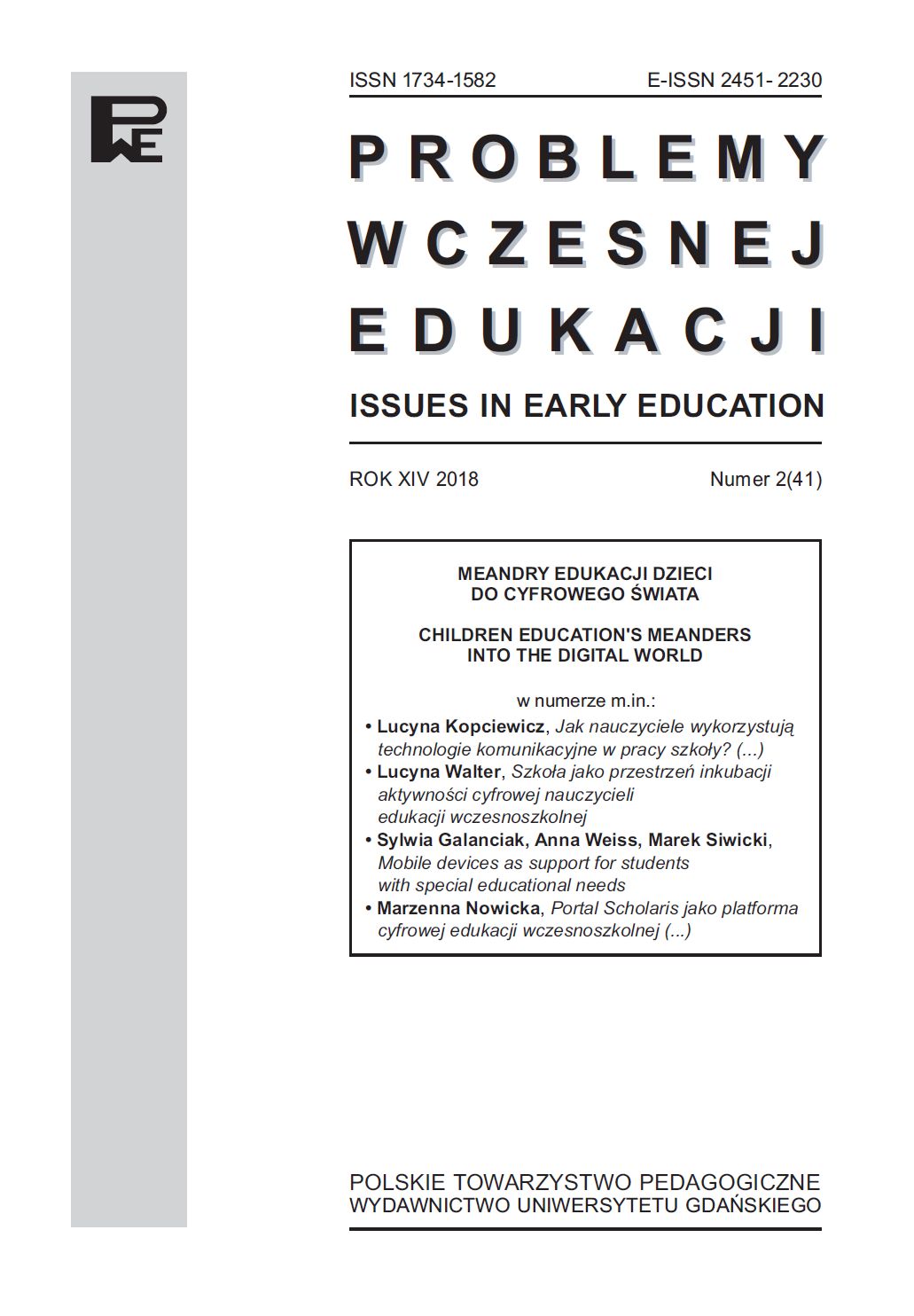
Metodologiczne aspekty jakościowych badań par – synteza doświadczeń terenowych
The aim of the article is to present the frameworks and findings of qualitative research focused on couples and various aspects of their functioning. The research has been conducted by several research teams in Poland over the last decade. Relying on the examples from the field, we point to a number of practical and situational aspects of research on couples. We argue that in exploring the relationship between two people and in understanding the dynamics of their life together, it is crucial to use different sets of research methods and tools. Drawing on the findings from several research projects, we propose an approach based on three pillars: using a dyadic interview, combining a dyadic interview with an individual interview, and conducting research on couples through repeated home visits stretched over long period of time. Being an outcome of the conducted projects, the methodological recommendations for the researchers planning the studies in this subject area are suggested.
More...
